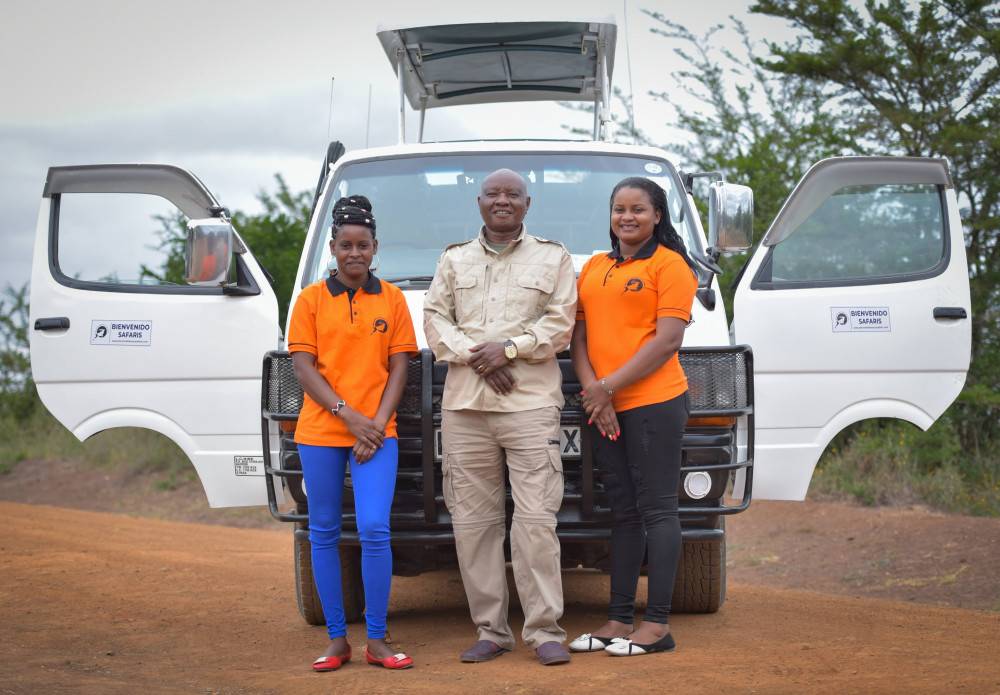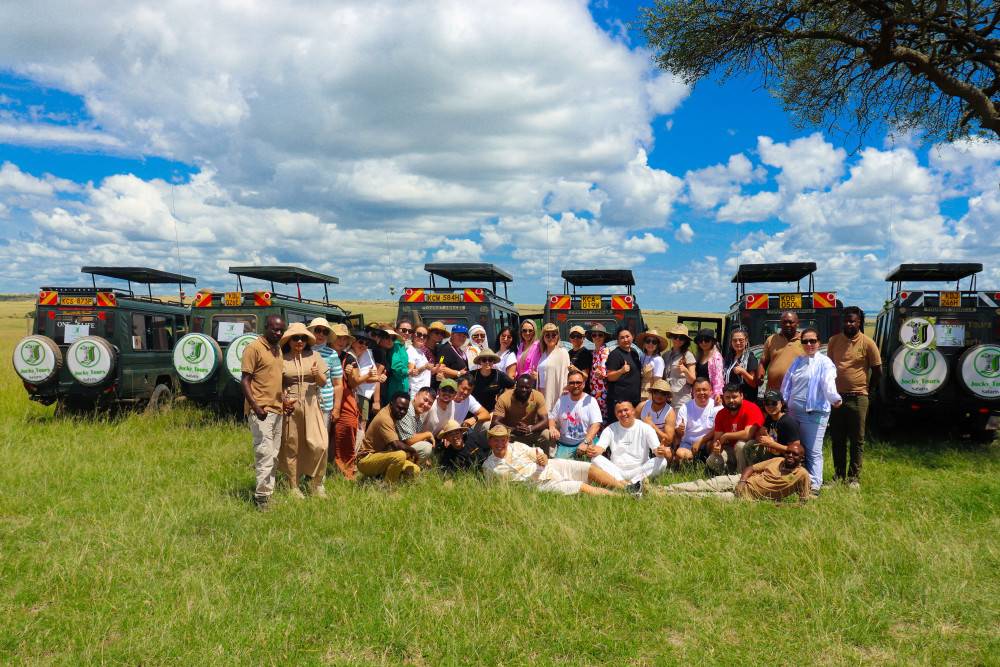Best Facts On Picking Devil666 Sites
What Transport Arrangements Must I Be Aware Of When I Am On Vacation In Mombasa?Understanding the many options for transportation for Mombasa is crucial to a successful and enjoyable holiday. Here are the key transportation arrangements to consider:
1. How to get to Mombasa
Moi International Airport, also known as MBA, is the airport serving Mombasa. It is a hub for international as well as domestic flights. Many major airlines offer flights to and from Mombasa.
By Train By Train Madaraka operated Kenya Railways offers a modern rail service that is easy to travel between Nairobi Kenya, Nairobi, and Mombasa.
Bus: There are several bus companies that provide service between Mombasa (Kenya) and other major cities including Modern Coast Bus and Coast Bus.
2. Local Transport in Mombasa
Taxis and Ride-Hailing Services are readily available. Uber and Bolt are two ride-hailing firms that are operating in Mombasa. They offer convenient ways to travel around.
Tuk-tuks - These three-wheeled cars are a favored, low-cost way to move around in the city. They are ideal for short distances.
Matatus are minibuses equipped with an shared driver. They travel along a specific route. They are the most well-known form of public transportation. They're a good option for those who can afford it but they are also less comfortable.
Boda bodas: Motorcycle taxis offer a quick and efficient way of traveling especially in areas with heavy traffic.
3. Car Rentals
Rental car services are available at the airport as well as within the city. Car rental firms, both international and local provide a variety of automobiles. Be familiar with local driving and traffic laws.
Services for chauffeurs: For those that do not want to drive themselves, there are chauffeur-driven rental car services that are available.
4. Ferry Services
Likoni Ferry connects Mombasa the mainland south of the city. It is required for pedestrians to reach the southern beach. Vehicles are required to pay.
5. Day trips and excursions
Tour Operators: A lot of tour operators organize excursions to popular attractions such as the Mombasa Marine National Park, Fort Jesus, and nearby beaches such as Diani and Nyali. These tours usually consist of transportation.
Public transport: For self-employed travellers, matatus and tuktuks are great ways to reach places of interest.
6. Walking and cycling
Some areas offer bicycle rental services, especially near beaches.
Walking: Walking is a possibility in a few areas of Mombasa specifically in the Old Town and along the beaches.
7. Tips for Travelers
Safety: Always select reliable taxi companies and avoid using public transportation in the late hours of the night. Be aware of your possessions.
Negotiation is essential to get taxis and Tuk-Tuks. Since meters aren't widely used, you'll need to negotiate before your trip.
Traffic: Be prepared for heavy traffic at the peak hours, particularly around the Likoni Ferry.
If you are well-informed about the different transport options and have made the necessary arrangements, your vacation is going to be easy. Read the top kenya day tours for blog examples including tours and safaris, africa in kenya, travel tour companies, kenya beach mombasa, kenya holiday packages, kenya safari tours, kenya safari beach, travel tours in kenya, mombasa tour packages, cheap kenya safari packages and more.

What Cultural Sensibilities Considerations Should I Be Aware Of When I Travel To Mombasa In Kenya?
To ensure that you have respectful interactions with local people and enhance your travel experience, it is crucial to be culturally sensitive when you are on vacation in Mombasa. Here are some key considerations:
1. Respect Local Dress Codes
Mombasa's Muslim people are large. It is acceptable to dress modestly when visiting public areas, places of worship, or in neighborhood areas. Covering knees, shoulders, and chest is appropriate.
Beachwear. Swimwear can be worn at the beach but should be covered when visiting nearby restaurants or shops.
2. Religious Sensitivity
Mosques: Get permission prior to entering a mosque. Wear modest clothing. Women are required to cover their heads and all people should take off their shoes prior to entering.
Be aware of times for prayers. Especially if there is a mosque nearby Be mindful and respectful.
3. Photography Etiquette
Permission: Before taking pictures of anyone, make sure you get permission from them. This is crucial in rural areas or places with values of the past. Certain people might be uncomfortable or feel it is an intrusion.
Do not take pictures at sensitive places like military bases, government buildings and cultural sites that may make photography illegal.
4. Social Interactions
greetings: greeting people courteously is crucial. Swahili greetings are a good example "Jambo". For Muslim women, it is considered appropriate to wait until they open their hands before they greet or to greet in a formal manner.
Personal Space: Pay attention to the importance of respecting the privacy of your own space.
5. Taboos, Cultural Norms
Public Displays of Affection: Limit publicly displayed affection displays since they are usually not appreciated.
Use of the Left Hand Left Hand: The left hand has traditionally been considered dirty. Use your right hand to eat, greet, and exchange money or goods.
Foot: It's rude to show the soles or show your feet to people.
6. Language and Communication
Basic Swahili. Being aware of a few Swahili basic phrases can go a great way to build rapport with the locals and giving them respect. The most common Swahili phrases include "Asante", which means "thank you" as well as "Habari" that means "How do you feel?" ).
Politeness: Be polite and patient in your communication. Kenyans expect courteous and respectful interaction.
7. Respect local customs
Respecting traditions Respecting the traditional ceremonies and customs. If you've been invited to an local celebration, be aware and respect your hosts.
Bargaining: Bargaining is common in local and market shops, but it should be done respectfully and with a smile. It is a cultural tradition and not a threatening one.
8. Alcohol and Smoking
Alcohol is widely available in all locations, but is not recommended to drink it in public. Beware of public drinking.
Smoking in public places is not permitted. Smoking areas are generally designated.
9. Environmental Respect
The littering problem - Beware of littering and dispose of trash properly. Take care to respect wildlife habitats and natural areas.
Encourage conservation efforts. Be respectful of wildlife and habitats within your region. Avoid buying products that come from endangered animals.
10. Assisting Local Communities
Local Businesses - Help local markets and businesses.
Responsible Tourism: Engage in responsible tourism practices by choosing eco-friendly tourism and local-based options that are beneficial to the local population.
These guidelines on cultural sensitivity can help you have a a meaningful and respectful trip in Mombasa. They will also enhance your appreciation and understanding of the culture of the country. Check out the best mombasa old town for blog examples including safari trips in africa, kenya safari holiday, kenya tours and travel, tours and safaris in kenya, mombasa packages, tours safari africa, safari trips in africa, kenya beach and safari holiday, beach in mombasa, safari company kenya and more.

What Environmental Responsibilities Do I Have To Be Aware Of When I Am What Environmental Responsibilities Should I Be Aware Of When Traveling Mombasa, Kenya?
In order to protect the beauty of nature and biodiversity, of Mombasa, Kenya it is essential that you're environmentally responsible. Think about these environmental obligations:
1. Sustainable Accommodation
Eco-Friendly Hotels: Choose accommodations that promote sustainability. Search for eco-labels or certifications such as Eco-Tourism Kenya.
Join in the hotel's efforts to conserve water. Reuse linens and towels switch off the lighting and air conditioning when not in use.
2. Responsible Wildlife Viewing
Respect wildlife. Be respectful of animals so as not to disturb them. Follow the rules set out by your guide on the tour.
Avoid Feeding Wild Animals. Feeding wildlife may cause disruption to their normal behavior and eating habits.
Don't Leave No Track: Do no litter in parks or wildlife reserves. Bring all garbage with you and dispose of it appropriately.
3. Plastic Reduction
Avoid plastics that are single-use. Bring a reusable shopping bag along with a water bottle, utensils and even a mug.
Participate in local initiatives: Take part in beach cleanups and support groups that help reduce the impact of plastics on the environment.
4. Water Conservation
Mombasa has water shortages. Turn off the taps and take a shower that is shorter.
Eco-Friendly Product: Minimize water pollution through the use of biodegradable, eco-friendly products.
5. Energy Conservation
Reduce your energy use by limiting the use of air cooling. Unplug appliances that aren't in use.
Encourage Renewable Energy - Choose accommodation and tour operators which use renewable energy.
6. Sustainable Transportation
Public Transport: If you can minimize your carbon footprint with public transportation, like buses and matatus.
Try using bicycles to cover short distances. There are some places that offer eco-friendly taxis.
7. In support of local economy
Locally-owned businesses: To help the local community, buy souvenirs, products, and food from local stalls.
Fair Trade: Buy fair-trade products that are certified to ensure that farmers from the local area get fair compensation.
8. Environmental Education
Learn and share - Educate yourself on the environment in your area, as well as conservation efforts. To increase awareness of what you've learned, share your knowledge with your friends and family.
Respect Local Cultures: Understand and respect local customs and practices relating to the conservation of our environment.
9. Marine Conservation
If you're diving or snorkeling make sure you are not touching the coral reefs. To protect marine life Use a sunblock that is reef-safe.
Waste Disposal: Do not dump trash into the ocean. Join or assist in marine conservation programmes.
10. Ethical Souvenirs
Avoid products that are a result of wildlife: Do not purchase items made of endangered animals like tortoiseshell or ivory.
Sustainable Materials: Purchase products made of recycled or sustainable materials.
11. Take part in conservation activities
Volunteering: Participate in local conservation projects or community-based tourism initiatives.
Support local NGOs. Give cash to NGOs or conservation organizations working to safeguard and conserve the environment.
12. Responsible Travel practices
Groups of small size to minimize the environmental impact.
Eco-Tours: Pick tour companies who adhere to eco-friendly practices and are committed to sustainable development.
Keep in mind that these obligations will assist you to preserve Mombasa’s precious natural resources, and maintain the beauty and variety of the area for future generations to come. Read the most popular mombasa watamu snorkeling for more examples including african safari kenya, trip tour companies, travel tours in kenya, kenya africa travel, trips to kenya safari, mombasa tour packages, african safari tours kenya, kenya travel packages, mombasa tour packages, mombasa safari packages and more.
